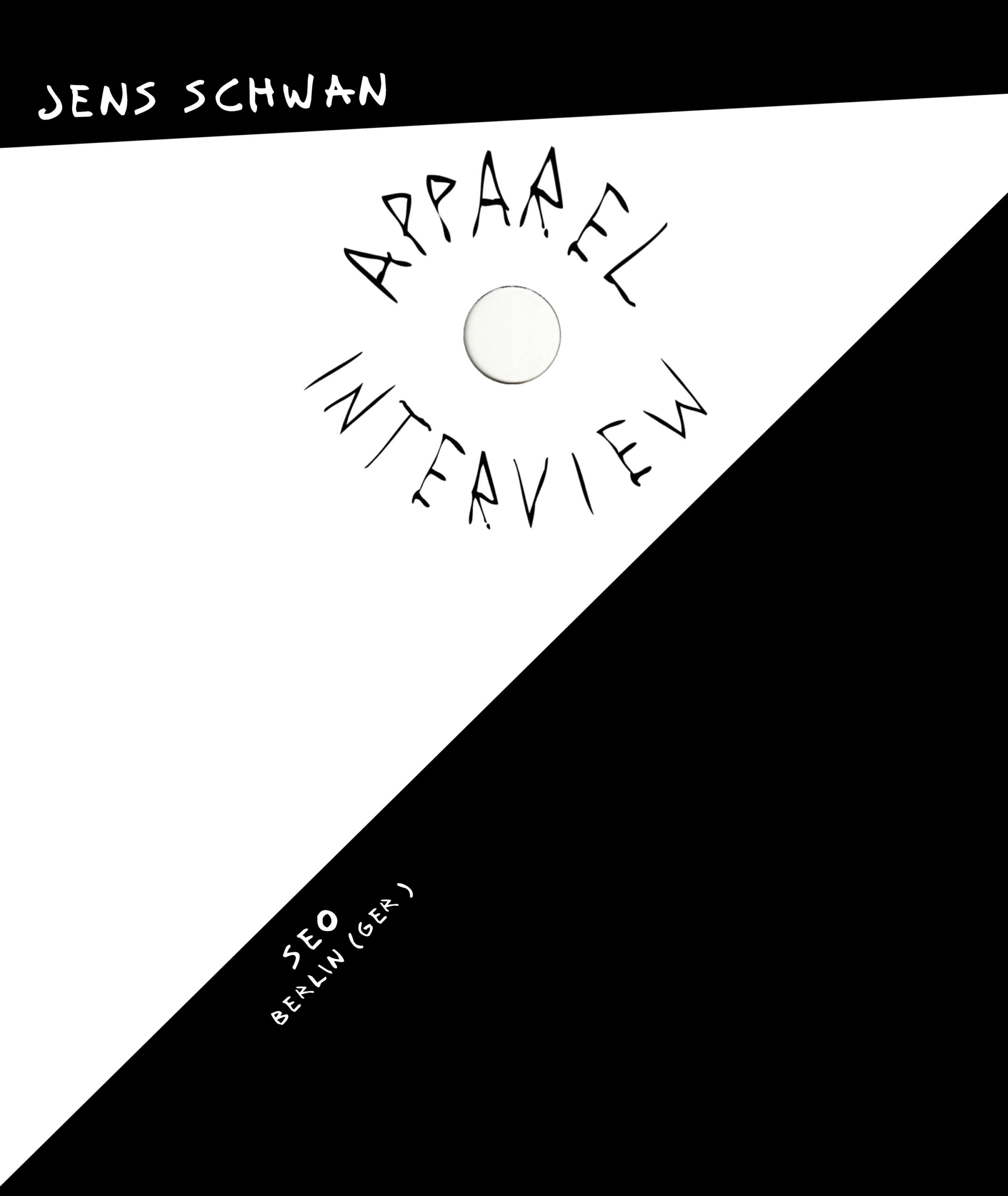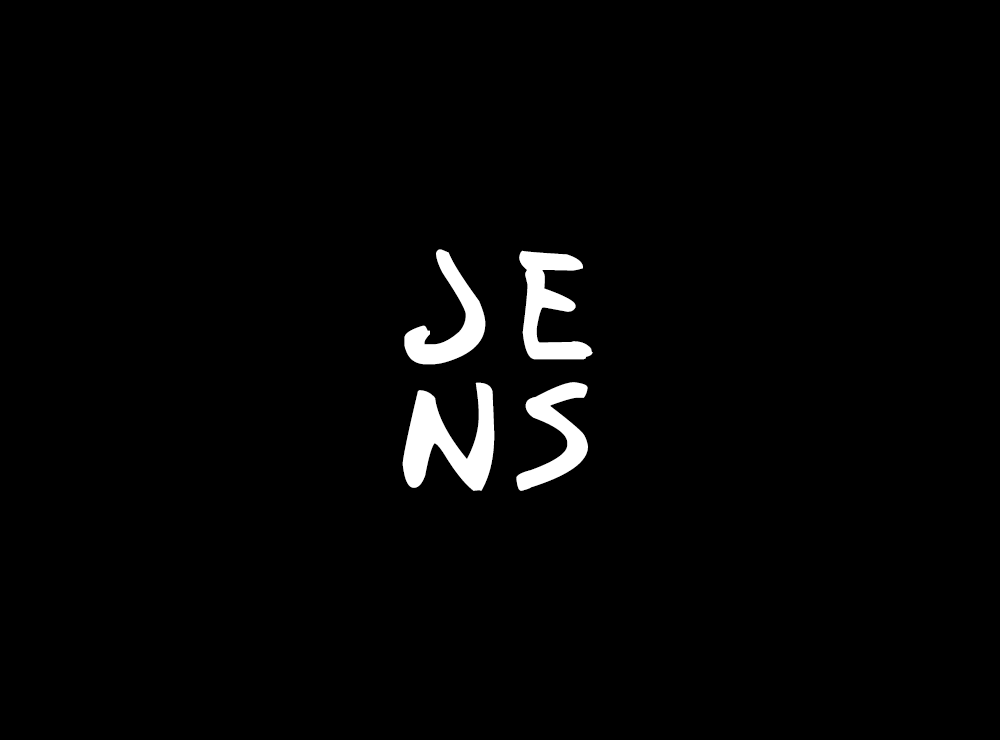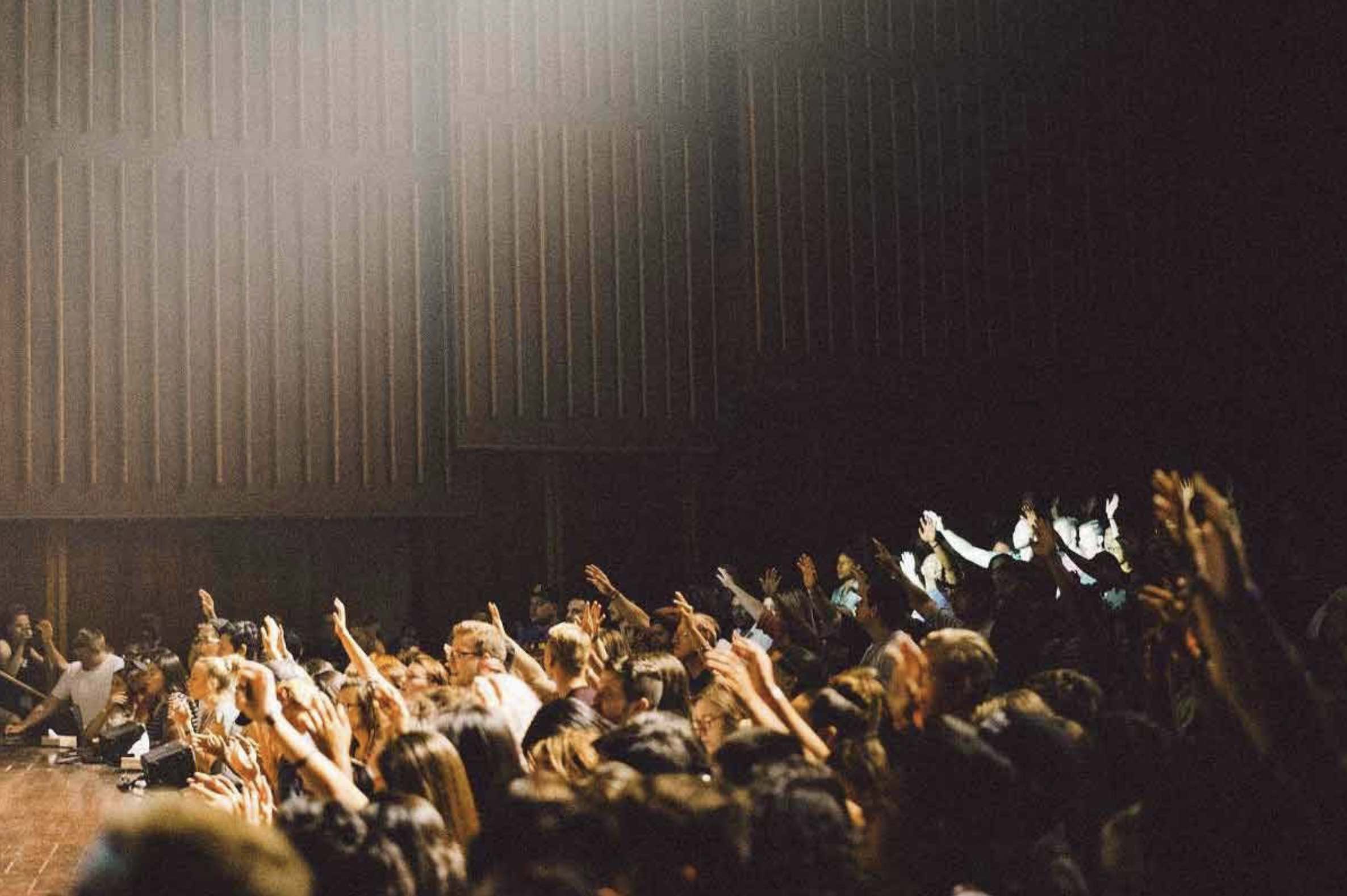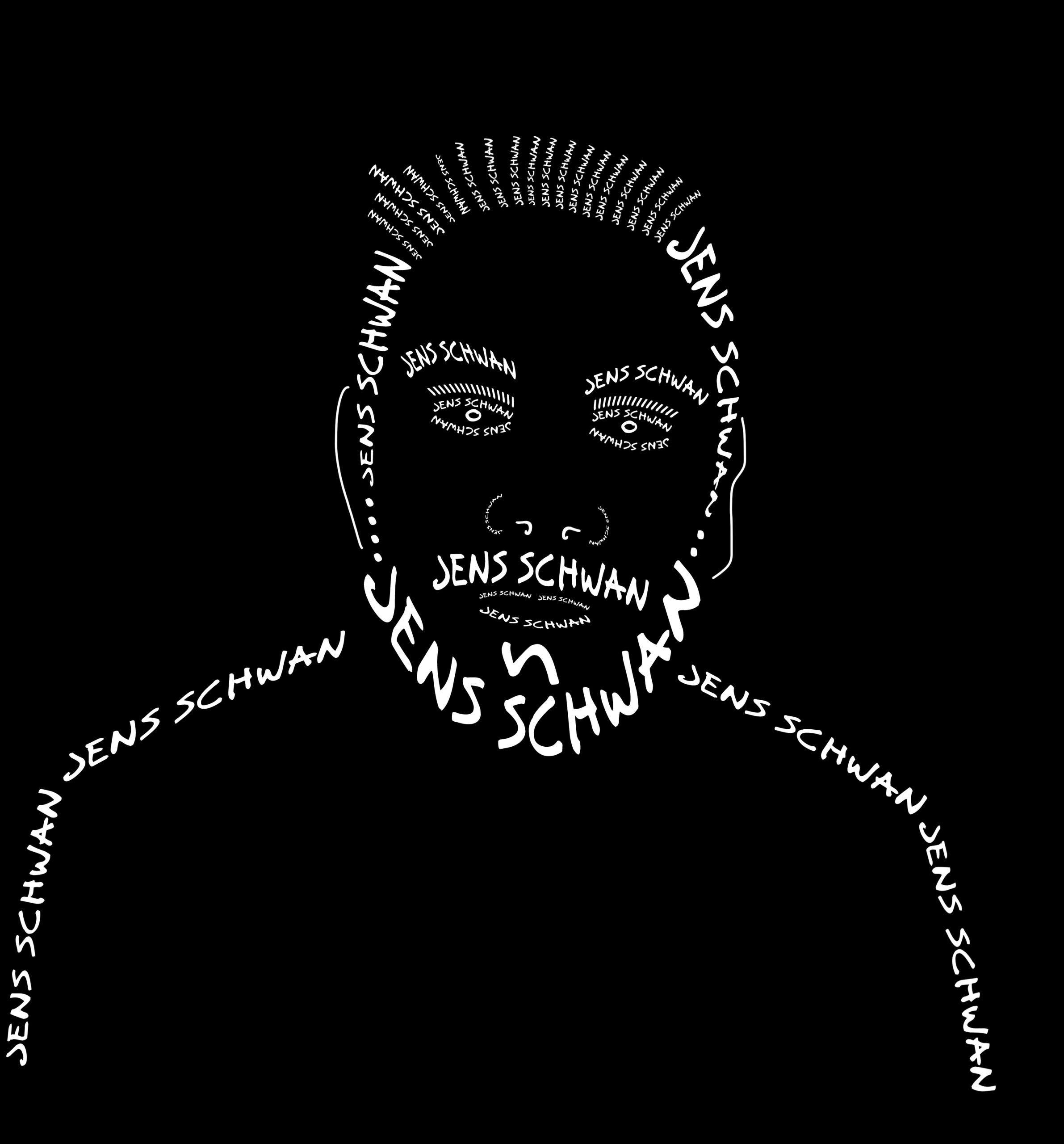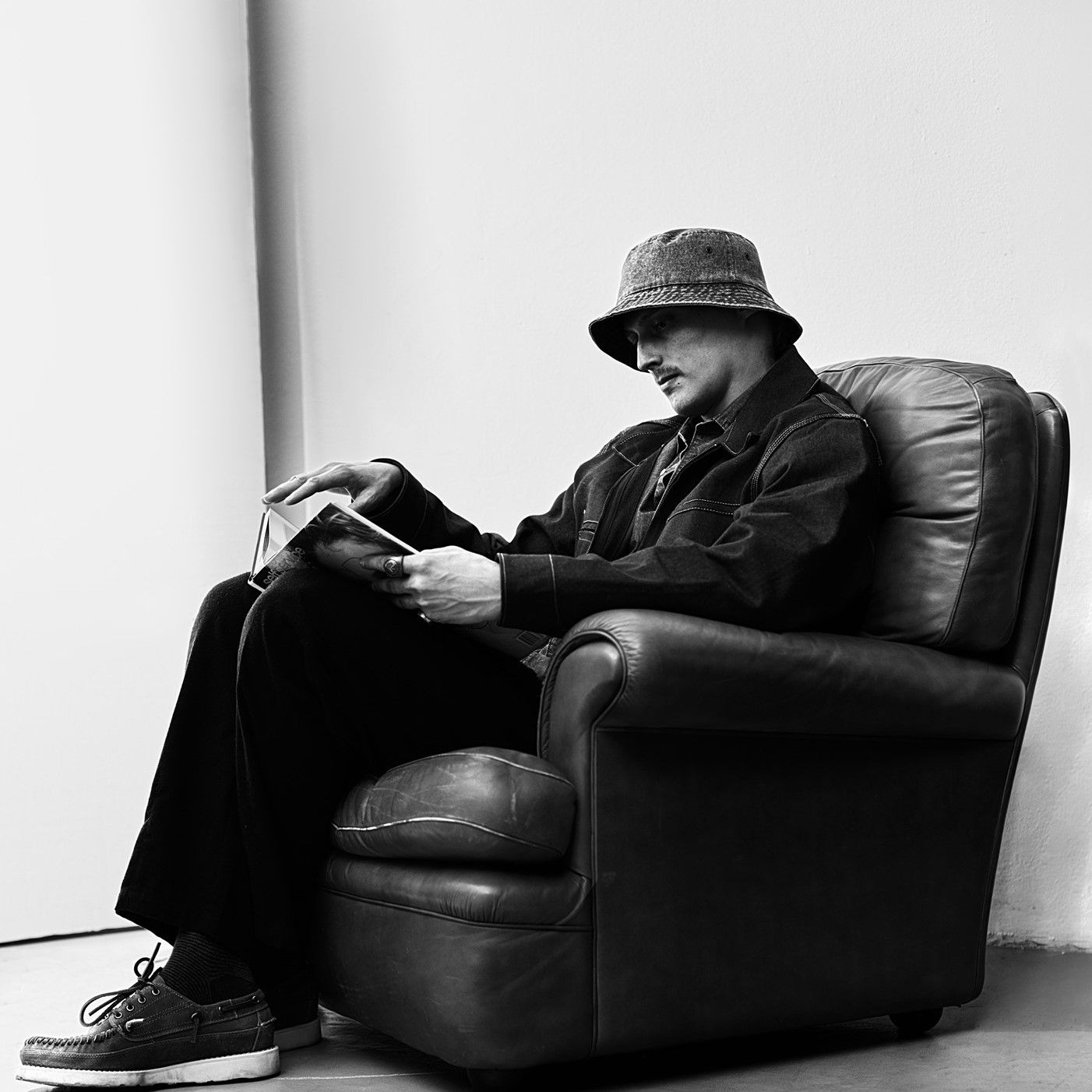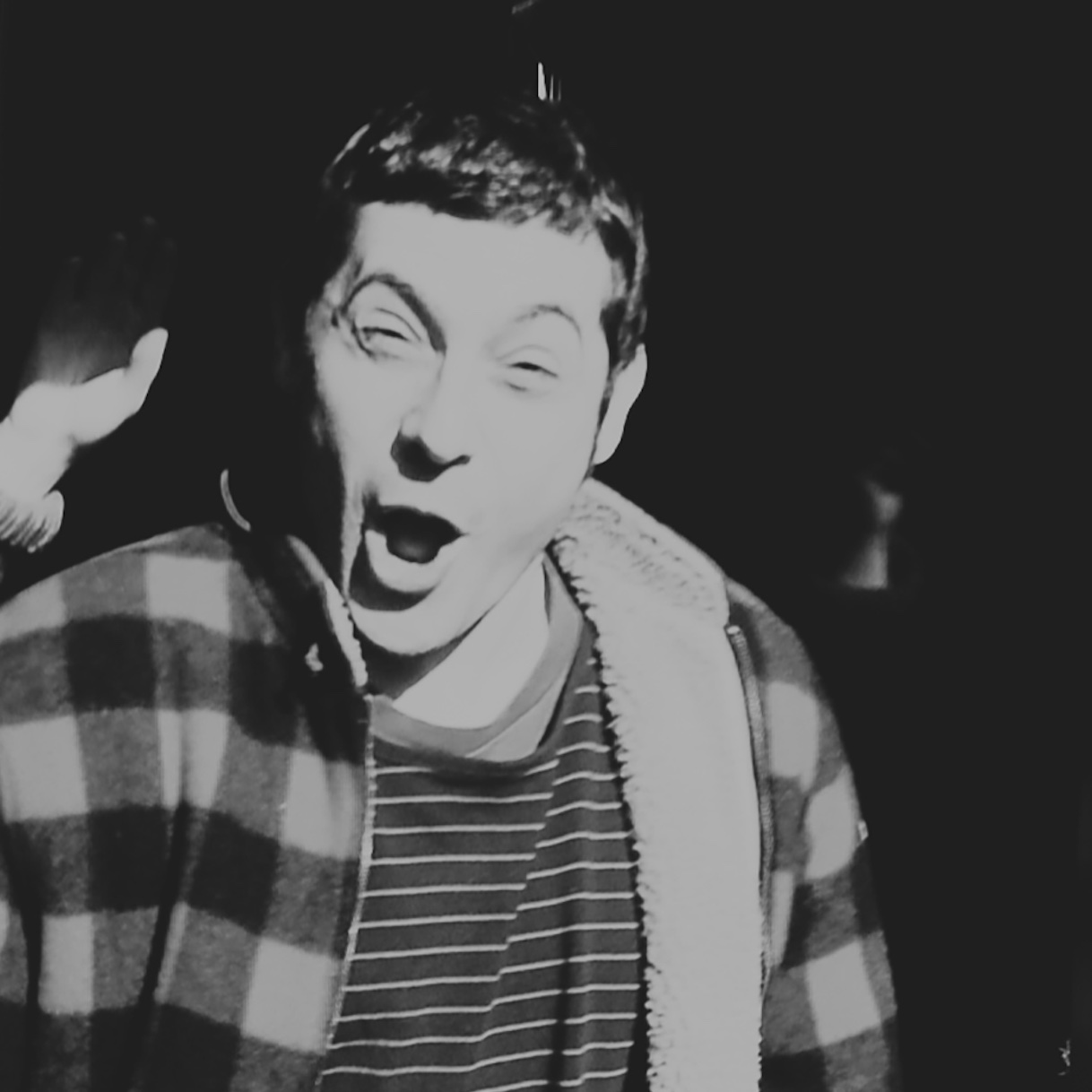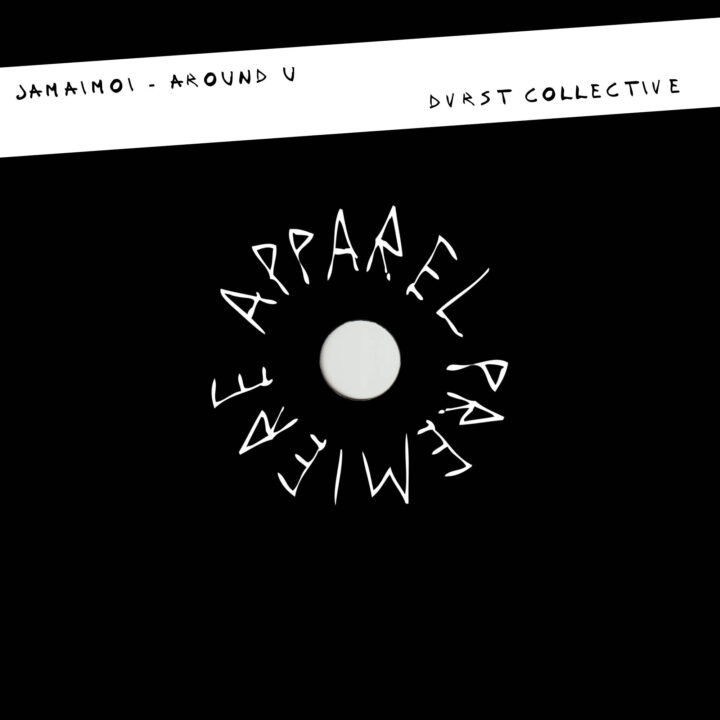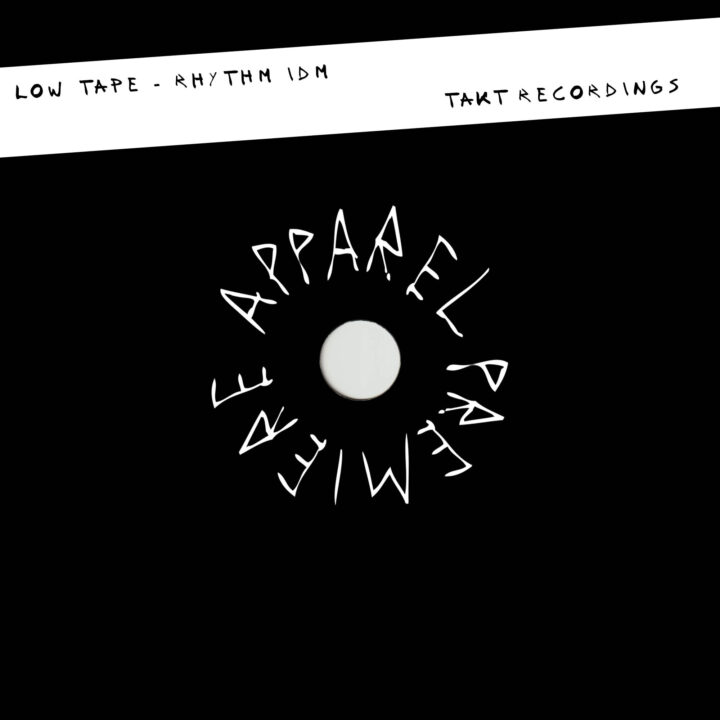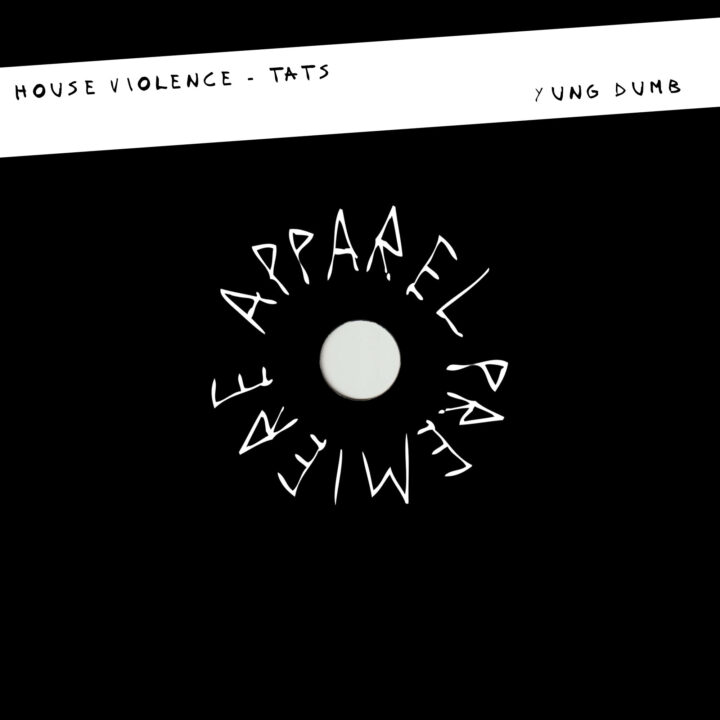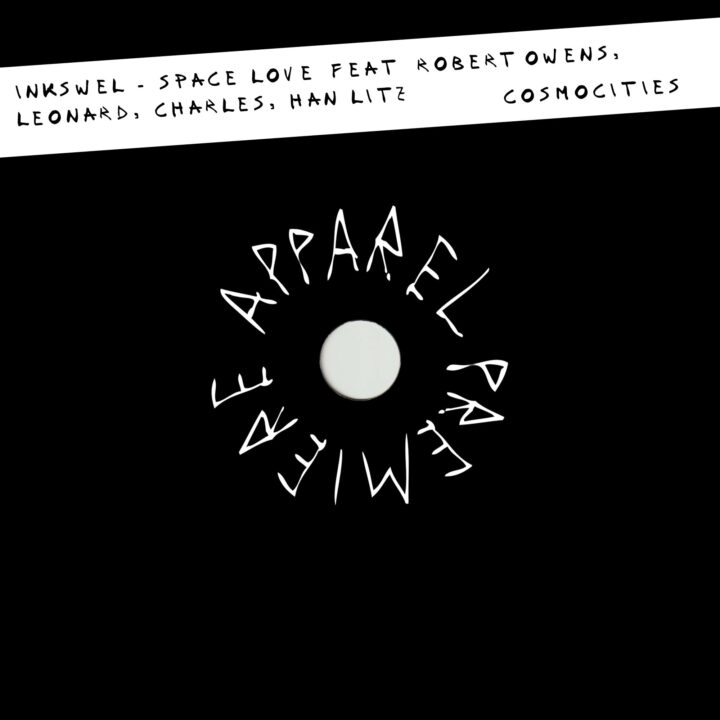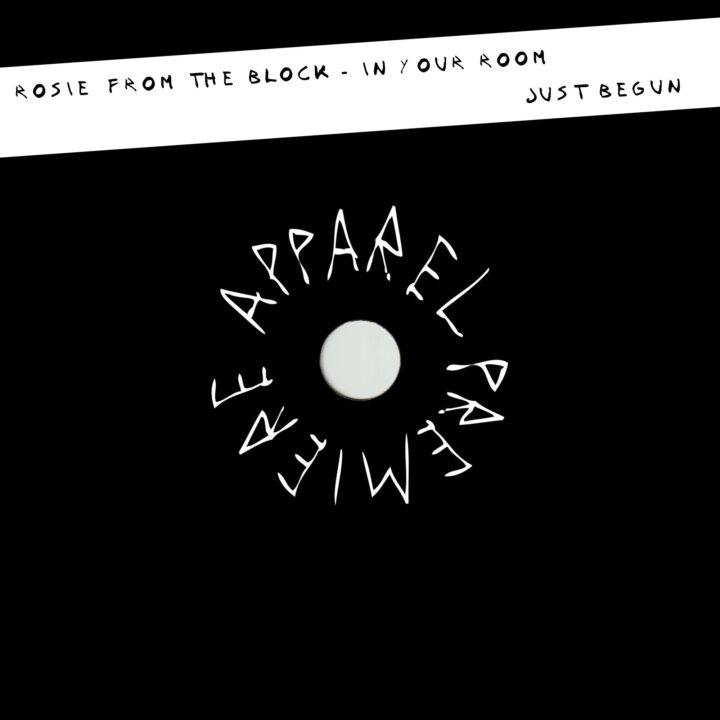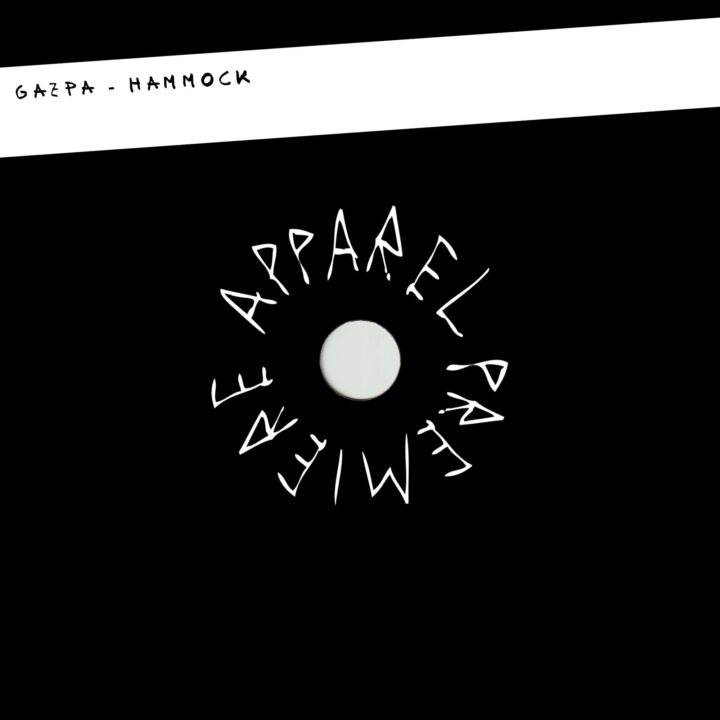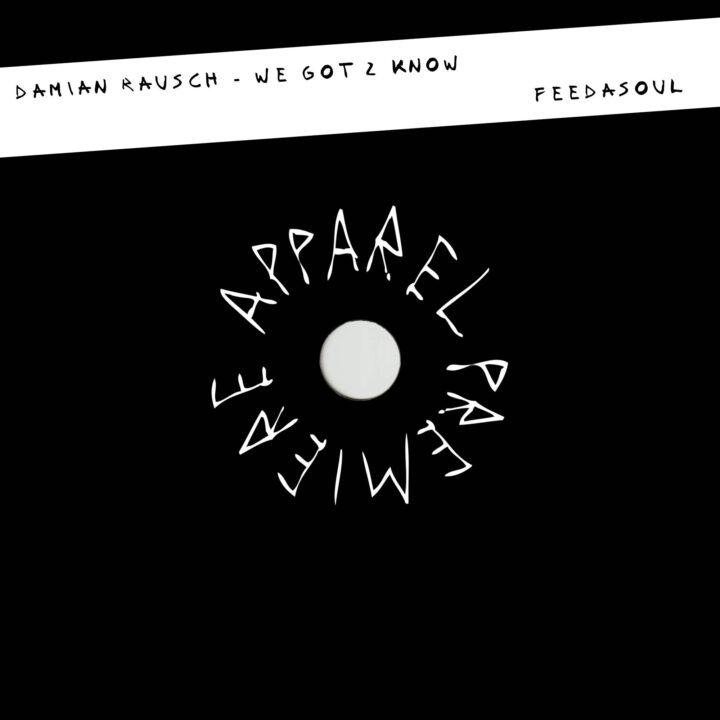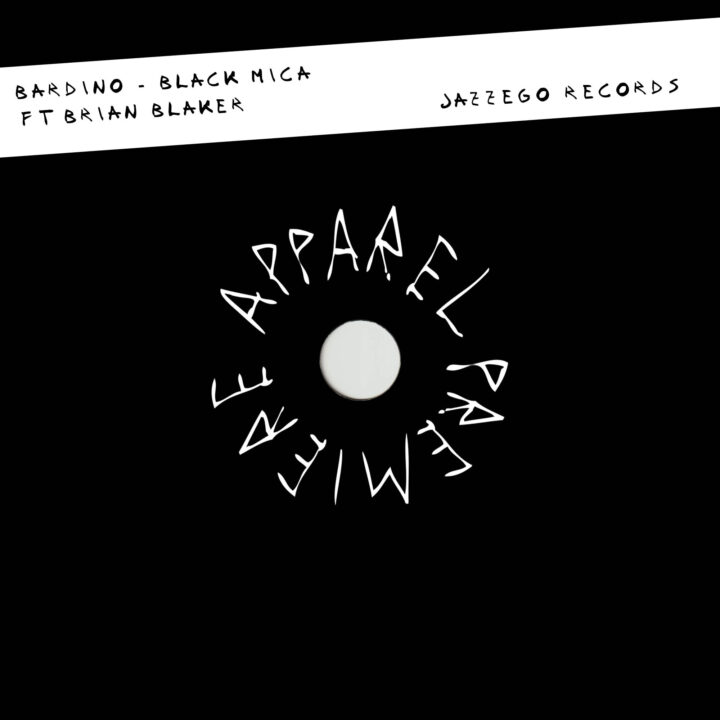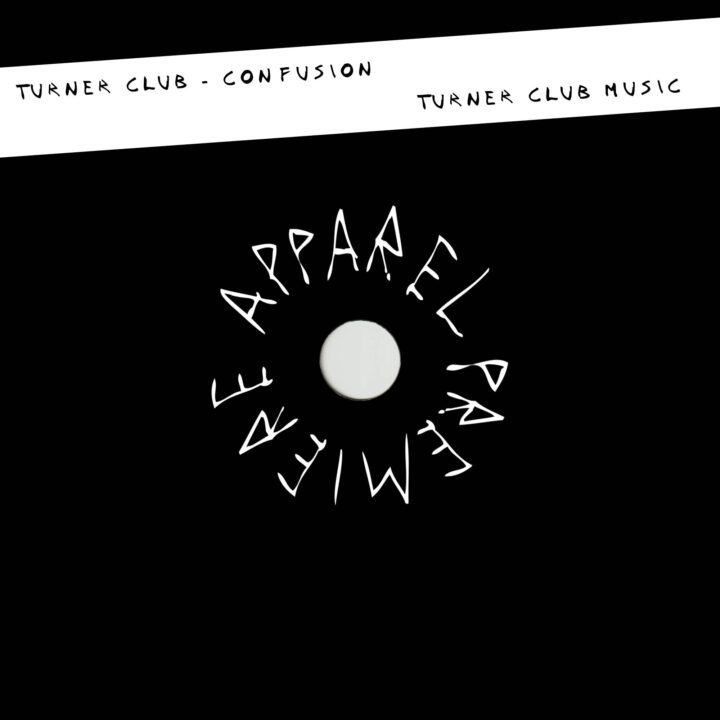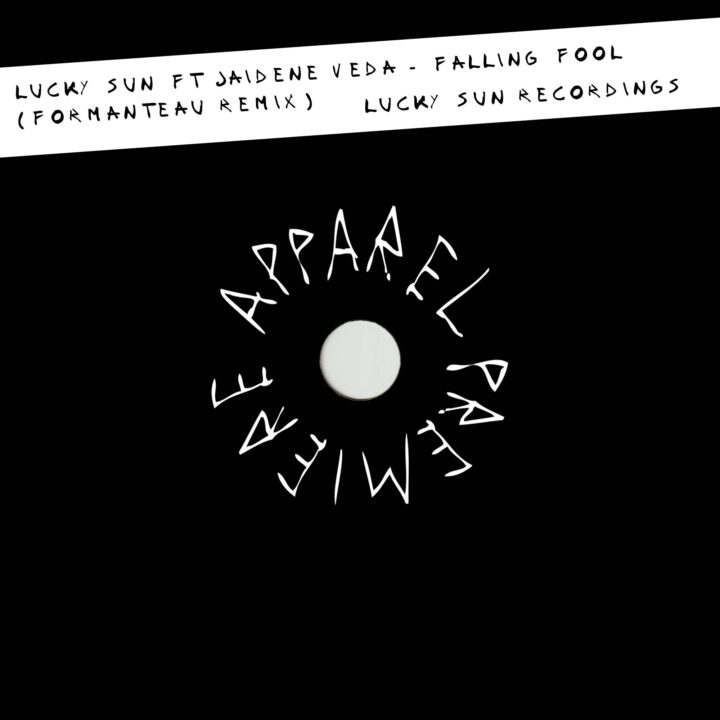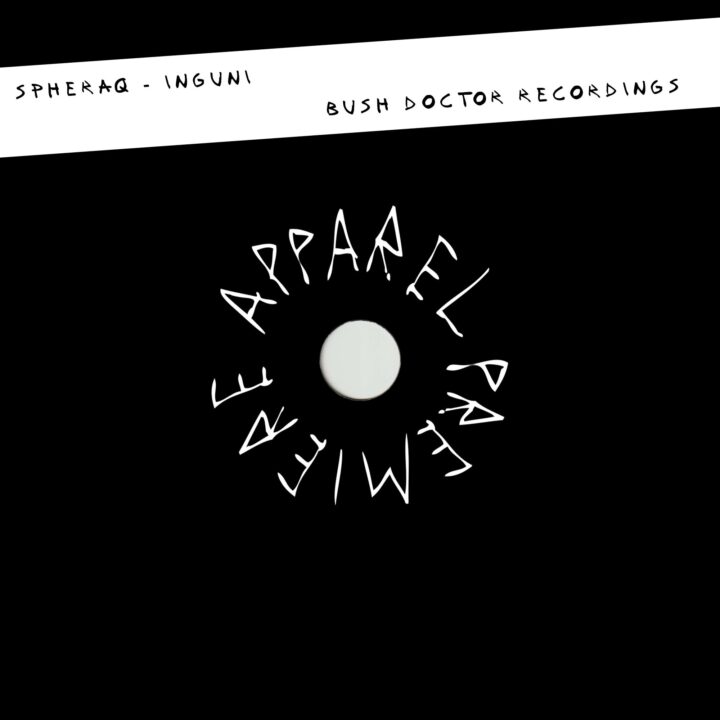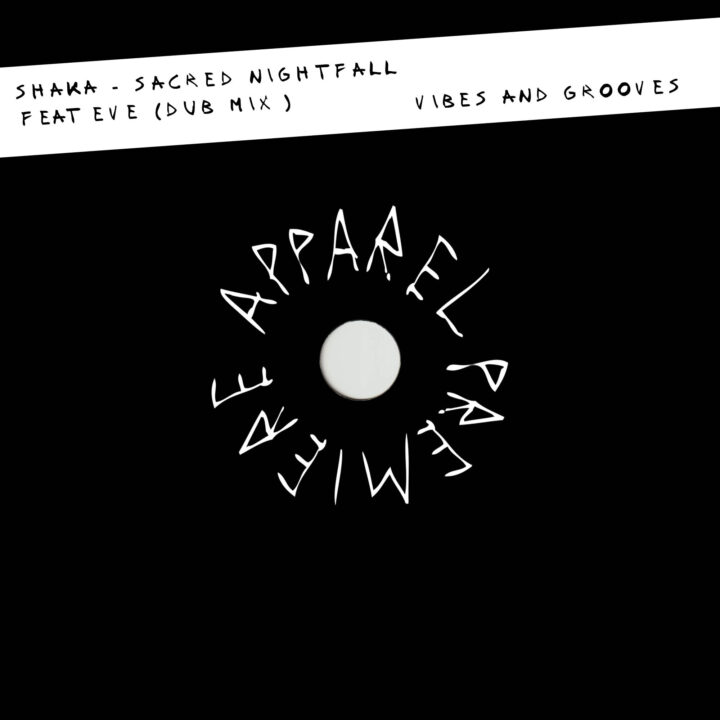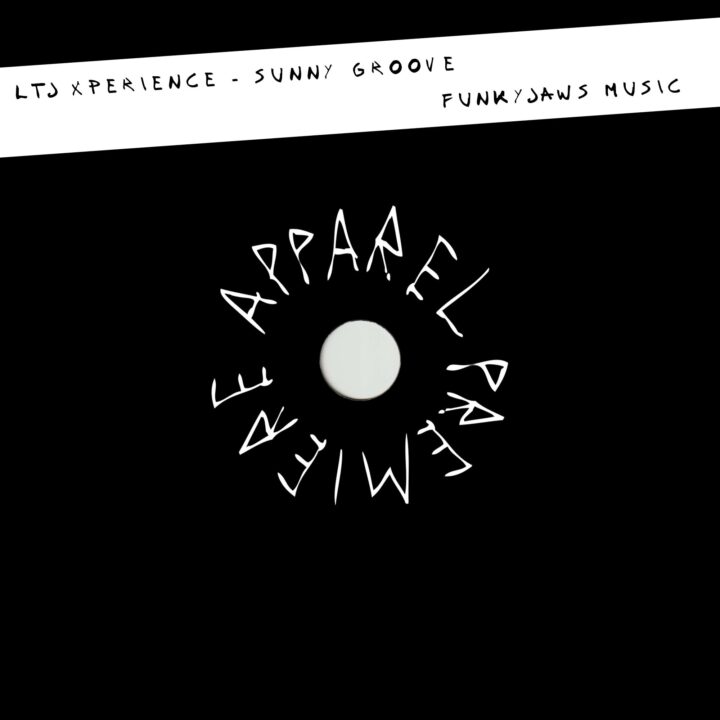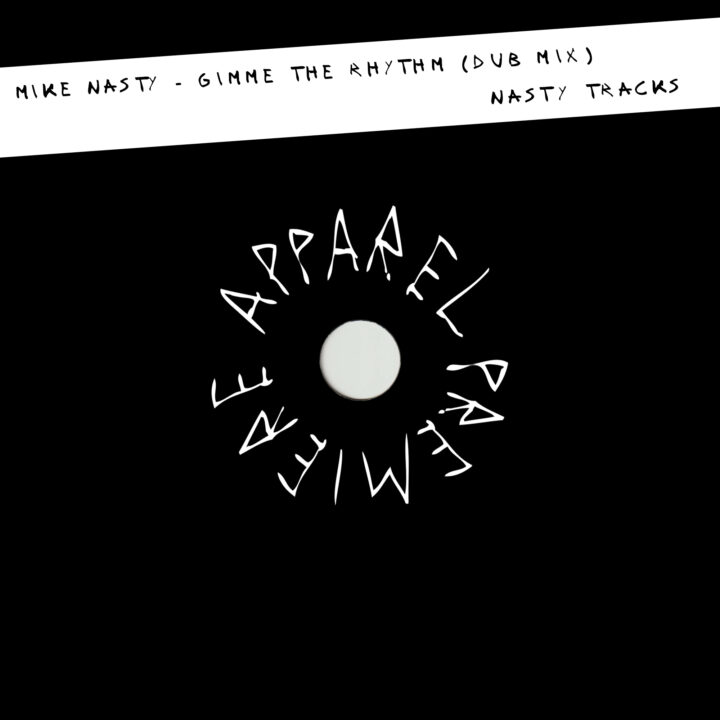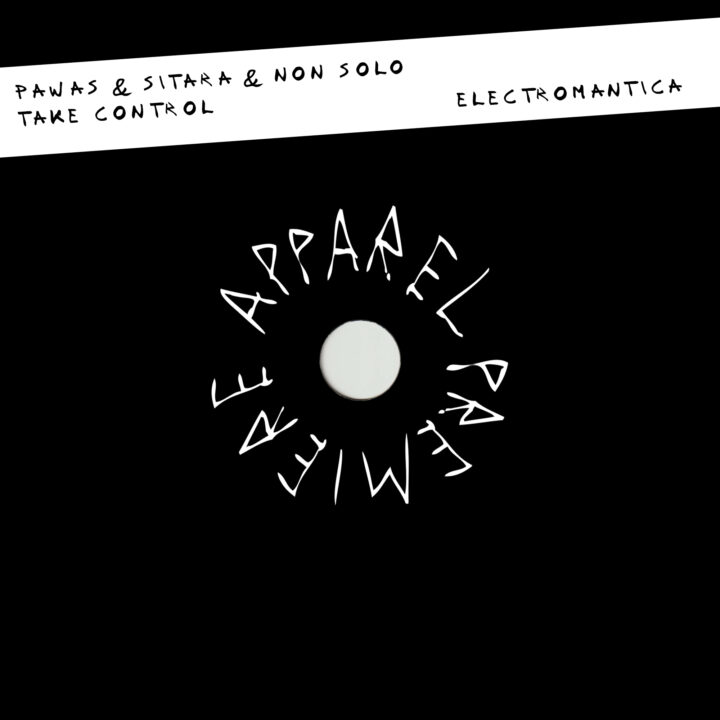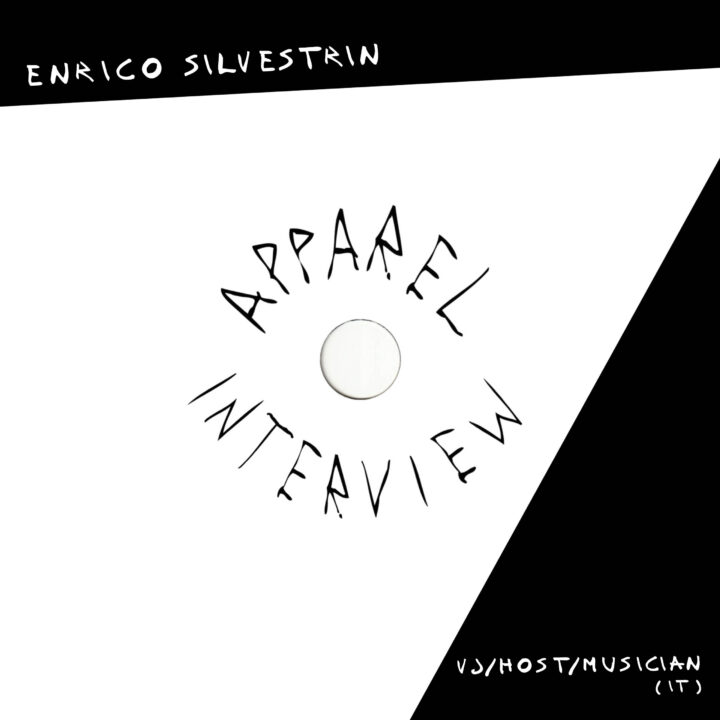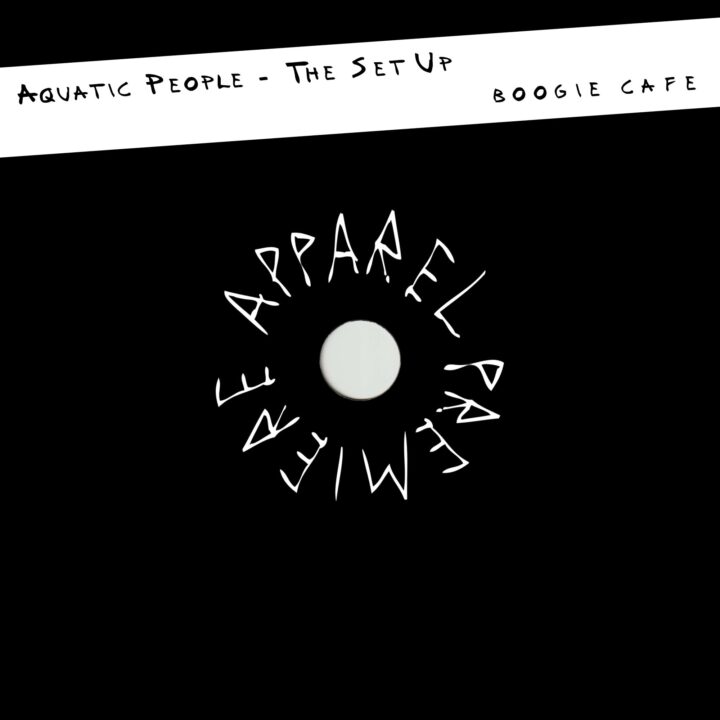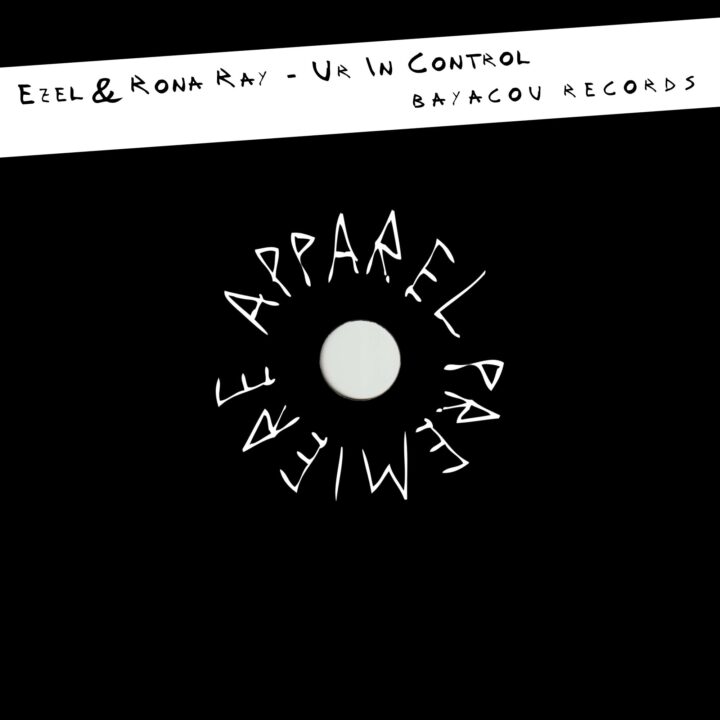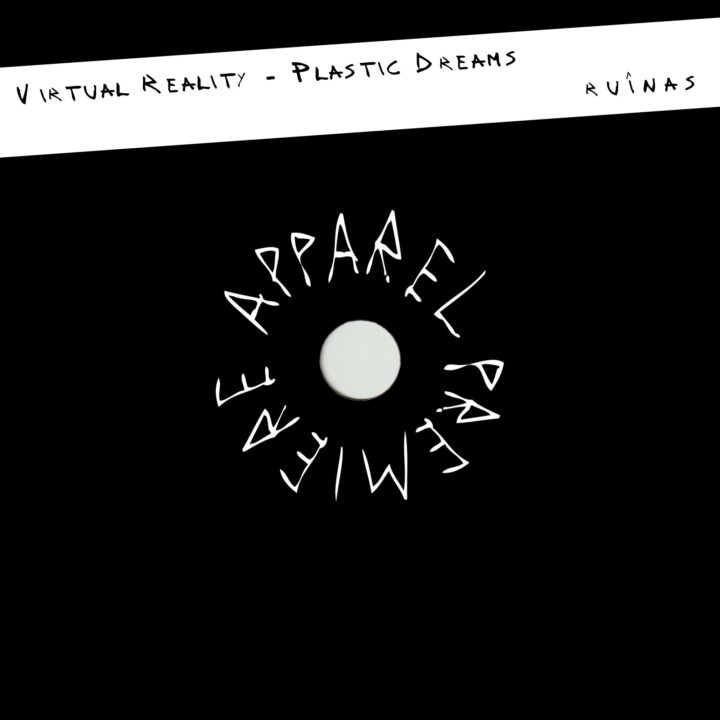-How have you seen the Berlin’s club scene evolving in the past years? We know it’s quite a complex subject so feel free to answer in full.
Without the club/Techno scene Berlin would be just like any other city, because it’s mainly the ‘electronic music’ clubs that have put Berlin in the pole position as a party metropolis; although this word doesn’t really reflect what it’s all about. Similar to the ‘discotheque’ that became ‘club’, the term ‘party metropolis’ is definitely contemporary. These entities which create the club culture, the creative economy, open air collectives, night managers and hybrids like music bars and galleries, are not just about partying but a peculiar attitude to life that has defined and made this city so attractive since the 90s. One can certainly argue here that, in addition to the clubs, it’s mainly the festivals that are the vehicle of a generational change. Young people in particular demand more for what they pay, without restrictions or political superstructure. Clubs are no longer seen as protected zones. Youngsters want to use their phones on the dancefloor so photo bans are seen as nerdy and stupid, therefore ignored. Like in the mid 90s and early 2000s, they are increasingly moving in the direction of mainstream. The underground has been discovered so superficial and shallow contents now flood the market and Techno has progressively became more pop. On a positive note, however, line-ups and general orientation of the Berlin club scene do not adapt. This culture of DIY is well integrated in our DNA. It is a bulwark against the arbitrariness of an anti-mainstream culture and serves as the preservation of youth cultures and promotes a feeling of togetherness which is incredibly strong. Unfortunately the clubs are not able to pool themselves enough strongly. They have an unbelievable power as a unit. It is a bit like Europe. Other cities would be happy if they had as many clubs as the only neighbourhood of Friedrichshain, but that’s not really much for Berlin. We have more than three million inhabitants and (breathe a sigh of relief) more than 31 million tourist’s ‘overnight stays’ in 2017. Berlin is now taking care of its music scene: there is the club commission (which also helps out when there are problems with fire protection), the music board (which distributes five million Euros for music projects every year), the Berlin Music Commission which has a power over politics and other industries. Nevertheless, we have to watch almost inactively how this city becomes more and more like London. A club like the Golden Gate would not be possible in the inner city. Watergate has already been able to feel the first effects of an absurd greed for rent increases, because businesses do not fall under environmental protection. Our clubs are our second home, even if the bouncer is a dick, your mobile phone gets stolen or we get upset about elitist bartenders. Bur when one of our clubs is endangered, we ALWAYS get up and support it. The fact is that club culture have become a marketing factor that has also an economic value for the Senate. Club closures make the news far more than they did in the nineties, but that's only because it's harder for clubs today to find some spaces where annoyed neighbours won't bother. Club culture promotes gentrification > promotes tourism > promotes housing shortages = demands new ways of looking at things because this wonderful/beautiful/awesome thing called Techno is thirty years old and we’re no longer dancing in the ruins of a defunct state, we’re dancing in capitalism and it ain’t just fucking the club culture of the city, it's fucking the whole world. So when we get up and protest, with our 300 clubs, be sure that we make our voices heard! This discussion about clubs as cultural venues has been going on for some time. Since November 2020 the clubs became cultural places and no longer only entertainment ones. This was decided by the House of Representatives. In the event of possible noise conflicts with the neighbourhood, clubs as cultural establishments may now have more advantages than before. They also pay a reduced tax rate. Basically the city has helped Berlin's club culture a lot! To what extent the ‘culture’ label is relevant for the majority of guests, is another matter. Berlin's club culture had to evolve to contribute to Berlin's culture. This trend is young and much of it has only happened in the last five years. The clubs have morphed from dark basements into huge venues for festivals, art projects, theatres and a thousand other things that have always been there marginally, but now are impacting the everyday life. I call it the Bar 25/Berghain effect. Media use these keywords for reach so subculture becomes a clickbait. In parallel, there was a kind of political awakening in the wake of the refugee crisis and the rise of the AfD (Wikipedia: Alternative for Germany is a German nationalist and right-wing populist political party, known for its opposition to the European Union and immigration). Hesitant at first, from 2018 more and more clubs came out of neutral obscurity and took a stand and that mobilised many people. That was accordingly reflected in demonstrations on the street. So what does all this contribute to? It creates an incredible number of exciting projects, people and locations and is now also strongly involved in social issues, which is very special!
-One of Clubmap’s main interests is to report what goes on in the music scene; how did the pandemic affect your workflow? Tell us a bit about how challenging it’s been to reinvent your contents.
Oh good question. Actually it was a big help to me to have all the new releases in my inbox, because without clubs they always provided new content during the pandemic. They were almost a symbol that it still goes on, besides the many live streams. I also had much more time for artists and label interviews, which was also due to the fact that I worked part-time from March 2020 to May 2021. I also had the feeling that many artists took advantage of the lockdown to sit down and finally produce. There was really a lot of new stuff coming out.
